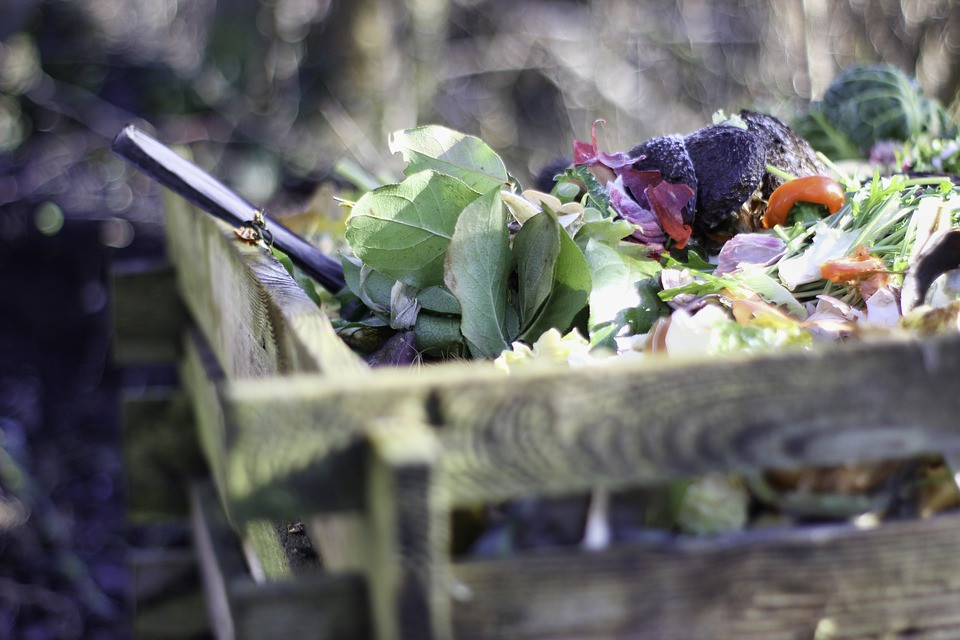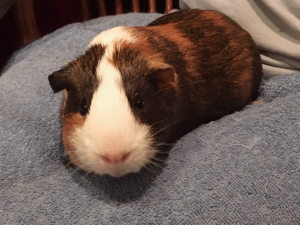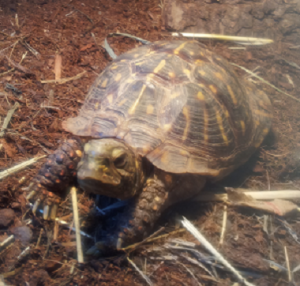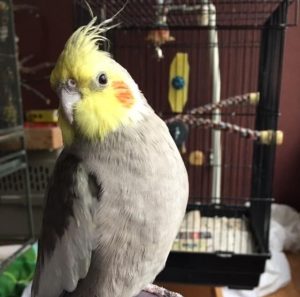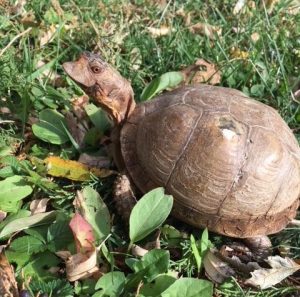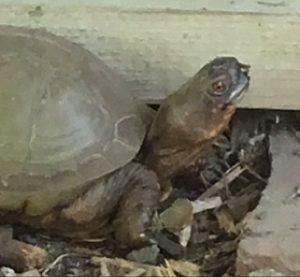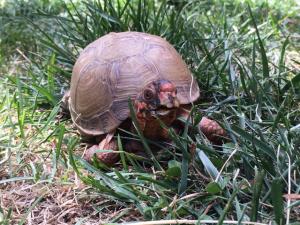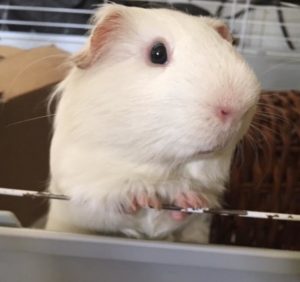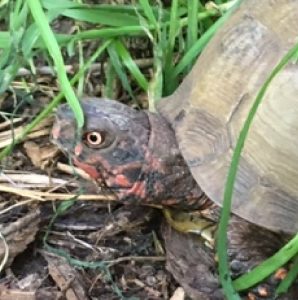How Composting Really Makes a Difference
Many of us think of composting as a smelly, dirty thing. We picture vegetable peels, animal manure, and all other organic material that sits together and gathers unthinkable odors after some time. While there is truth to this—getting involved in nature can be a messy endeavor—the benefits significantly outweigh any preconceived notions we may have about composting. For those who do their own gardening, composting bumps up the nutritional content of what will grow in the composted soil. This, alone, is a powerful motivator for gardeners. Without delving too much into the science of composting (please check out our article “Composting 101”), the soil from composted material is very rich and supports the growth of healthier crop by increasing the carbon and nitrogen in the soil, two very important elements that are rapidly depleting in our soil.
But the benefits of composting do not stop there. The act alone of preserving waste that would otherwise go into the garbage and subsequently a landfill reaps so many benefits for the soil and our planet, that, should composting do nothing to the nutritional content of the food it helps to grow, it would still stand as a powerful practice for our planet. Composting directly reduces waste, and thereby reduces emissions. Landfills are notorious hotbeds for their depleted oxygen, which in turn causes the waste to not decay properly. This then creates greenhouse gases that are dispersed into our atmosphere.
Additionally, with more use of compost, comes less use of other resources. This is an important factor in composting because it shows that actually using compost reduces our dependence on other material. When we rely on our homegrown compost, we refrain from using store-bought compost that is reliant on commercial means and extra materials to produce the compost.
Even for those of us who do not garden, creating our own compost can be helpful for our neighborhoods. Many municipalities have drop-off sites for yard waste and compostable waste for those who wish to compost, but have no place to do it. In Boulder, Colorado, the Center for Hard-to-Recycle Materials (CHaRM) “accepts food scraps, soiled paper and Zero Waste event supplies,” according to ecocycle.org. Check with your local agencies to see if there are drop-off sites for your compost.
In addition to bringing your compost in to a facility, many cities have curbside compost, a practice that is similar to services that pick up garbage and recycled materials. Curbside composts are programs that allow you to preserve your organic waste and have them taken off your hands without leaving your home. In Glen Ellyn, Illinois, curbside composting is available to residents at a minimal fee. The program is offered year-round, with a weekly pickup from “April through November, and then transitions to every other week during the winter months (December through March),” according to glenellyn.org.
But what if you live in an apartment or condo and you still want to compost? There are innumerable solutions that allow residents in apartments or condos to still compost without imposing the all-too-feared smell of compost on their neighbors.
Freezing is a great way to preserve compost if required to do so indoors. Freezing compost will render it unusable only while the compost is frozen. The makeup of the compost is not hurt at all by freezing it, and keeping compost frozen will also keep the smell from offending any neighbors.
Another method of composting in an apartment is blender composting. Blender composting is just what it sounds like: using all of the scraps and waste for compost, just blending them together to create a mixture. Blender composting is great because the blending process helps to break down the scraps into matter that can decompose quicker once they reach a compost pile.
Blending and freezing compost is also useful for those who do backyard composting. If you live somewhere where the winters are particularly harsh, the blended scraps that you freeze during the winter will break down easier once put into a pile in nicer weather.
As described, there are so many variations on composting, from where to do it, who can use it, and everything in between. But no matter where we compost, who we give it to, or what our goals are for our compost, there is an underlying current in composting that everyone can celebrate: it’s a powerhouse for our planet.
There are so many ways that compost supports our planet, from enriching our soil with vital minerals to diverting our reliance on commercially-made products. So the answer is a resounding yes: composting can really make a difference.
Please check out these websites for further information on composting:


